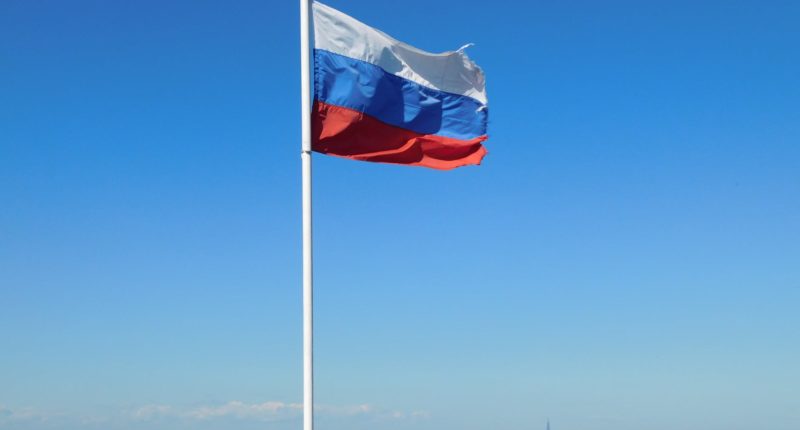Just as Iranian authorities voted to lift the ban on Meta’s WhatsApp, another setback has emerged from Russia. The Russian government, which already blocked Facebook, Instagram and X in the country in 2022, is now threatening to block WhatsApp in 2025 if the company fails to comply with legislation. The future of WhatsApp in Russia will depend on the stance of the messenger’s management regarding the country’s legal requirements, Artem Sheykin – the Vice Chairman of the Council for the Development of the Digital Economy in the Russian Federation Council – told the state-controlled news agency RIA Novosti on Monday.
While speaking about this issue, the Russian senator clarified that WhatsApp could be banned in the country if the platform refuses to share user information with Russia’s security services, the FSB (Federal Security Service of Russia). He also mentioned that the company must provide a clear explanation about how it stores user data and correspondence. It seems the government wants to make a strong statement that foreign companies must comply with Russian legislation or face significant obstacles in their operations.
Russia is known for never tolerating leniency in its laws, and Apple has a recent example from this year. The tech giant had to remove almost 25 virtual private network (VPN) apps from its App Store in Russia in July to comply with a request from Roskomnadzor – Russia’s state communications watchdog. And if that wasn’t enough, the country has previously blocked the popular messaging apps Viber and Signal for violating the country’s anti-terrorism legislation.
As reported by the state-affiliated newspaper Kommersant, the authorities are currently trying to curb the rise in spam calls, 70 percent of which are originating from overseas. In fact, as part of this effort, the government is planning to block calls from foreign countries on popular messaging apps, and is even considering prohibiting all voice calls on those apps completely.
Returning to the latest development, WhatsApp is repeatedly blamed for being used by extremist and terrorist organizations in the country, and authorities claim that the company’s management is still refusing to cooperate with the relevant security agencies. Notably, the Russian government declared WhatsApp’s parent company – Meta – an “extremist organization” two years ago. Meanwhile, in July, the state communications regulator – Roskomnadzor – also began lowering YouTube speeds. Initially, they blamed technical issues, but later a Russian lawmaker confirmed that the slowdowns were deliberate.
The Tech Portal is published by Blue Box Media Private Limited. Our investors have no influence over our reporting. Read our full Ownership and Funding Disclosure →





